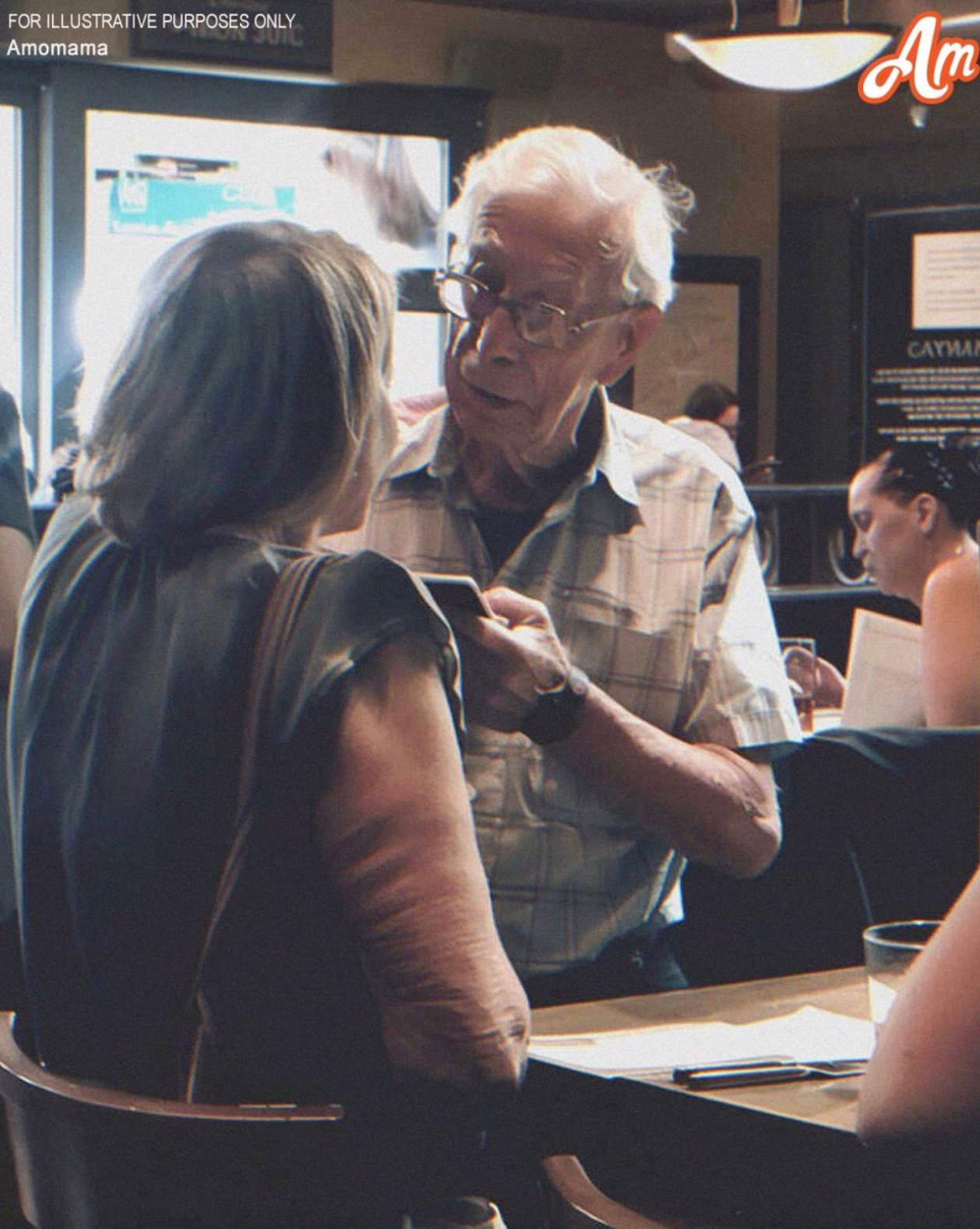Hey everyone! I want to share a story about a small family-operated restaurant in Asturias, Spain. It’s actually my grandparents’ place, nestled in a quaint village with just 30 residents.
Every summer, I go there to help out, learn family recipes, and soak in the village life. The restaurant, established in 1941, is located right at the base of our house, making it incredibly cozy and homey.
Our place is a true local hangout. Neighbors come by throughout the day to chat, play cards, and enjoy a drink. Although it’s somewhat off the beaten path, we do get a few tourists.
One summer day turned out to be more eventful than usual due to a visit from a family who clearly didn’t understand how things work around here. Let me tell you what happened.
It was one of those perfect summer days when the sun warms everything just right, and our little restaurant was filled with the usual chatter and laughter. Most of our local regulars had settled in for their long, leisurely afternoon gatherings.
Our establishment isn’t large—just eight tables inside and a couple outside when the weather’s nice. But it’s got a lot of heart and doubles as a bar, so it’s usually bustling.
That afternoon, the inside hummed with retirees debating over cards and sipping wine, a typical scene that felt straight out of a movie. My brother and I were busy handling drink and lunch orders from people who understood our operating hours.
Around 4 p.m., just as things were winding down, we heard a car pull up. This isn’t unusual as we get the occasional lost tourist. But what followed was far from a typical visit.
A family stepped out, and it was immediately clear they were frustrated, likely after navigating the winding backroads of our region.
They barged in, speaking loud English, which prompted me to step up since I handle most of our English-speaking guests. Here’s how it unfolded.
As the door swung shut behind them, the mother was already waving me over with a brisk, “We need a table, and we’re starving!” Her tone caught me off guard, not just due to the volume but also because of the demanding nature of her words.
I put on my best customer service smile and approached them, explaining, “I’m sorry, but the kitchen just closed. We only serve meals until 3 p.m. and then again from 7:30 p.m.” I hoped this would suffice—they could come back later, maybe?
But no, the mother wasn’t satisfied. She glared at my grandpa, who was quietly enjoying his own late lunch, and snapped, “If the kitchen’s closed, why is he eating?” I tried to keep things light, replying, “Well, he’s the owner, so he kinda eats whenever he wants!”
That didn’t sit well. The mother’s face twisted slightly, as if she’d bitten into a lemon. Without missing a beat, she demanded, “Are you giving us a table or not? And we’ll need the Wi-Fi.”
I explained as politely as I could, “The Wi-Fi is just for staff. It’s not really set up for guest use.”
This really set off the father, who shouted, “What the heck?! We are paying customers!” Their child started to get restless, running around and causing a scene.
It was evident things were escalating quickly, and that was when my grandpa decided to step in.
Seeing the situation deteriorate, my grandpa, who has always been calm, wiped his hands on his apron and approached the family.
With a gentle but firm voice, he asked them to please quiet down and control their child, as it was disturbing the other guests.
The mother responded sharply, “DON’T YOU DARE TELL ME HOW TO RAISE MY CHILD, YOU DINOSAUR!” Her loud words drew glances from everyone in the room. The father followed suit, pointing angrily at my grandpa, “DON’T GET CLOSE TO MY CHILD, YOU OLD CREEP!”
The whole restaurant fell silent. The tension was palpable, and it felt like you could hear a pin drop. The other patrons, locals who knew my grandpa well, watched in disbelief at the level of disrespect shown to someone they deeply respected.
My grandpa, keeping his cool, nodded and returned to our family at the other end of the room. I followed, a mix of embarrassment and anger boiling inside me. My grandpa decided it was time for this family to leave.
He signaled to two men at a nearby table—off-duty Guardia Civil officers—and discreetly explained the situation.
The officers, understanding the need for decorum, stood up and approached the family. They identified themselves as law enforcement and showed their badges. In a firm but polite manner, they explained that the family needed to respect the establishment’s rules and the other patrons.
The parents, now understanding the seriousness of the situation, began gathering their belongings, albeit grudgingly. But just as they were about to leave, the officers noticed something else that exacerbated the family’s troubles.
As the family reluctantly headed towards the exit, one of the officers glanced out the window and noticed their car parked directly in front of our restaurant’s garage, blocking it entirely. It was clearly marked as a no-parking zone, crucial for access to and from our property.
The officers led the family outside, pointing out the violation. The father tried to downplay it, saying it was just a quick stop and they didn’t see the signs. However, the situation escalated further when the officers checked their rental car’s paperwork and discovered additional discrepancies.
With the family’s frustration mounting, the officers calmly explained the consequences of their actions. They took photos of the improperly parked vehicle and began writing a citation. The fine for obstructing a private property entrance was hefty—200 euros, to be exact.
Back inside, the locals whispered among themselves, shaking their heads at the tourists’ behavior but feeling a sense of satisfaction as justice was served. My grandpa, meanwhile, had resumed his meal with a look of quiet vindication.
As the family finally drove away, the atmosphere in the restaurant lightened considerably. Conversations resumed, glasses clinked, and laughter filled the space once more. My grandpa raised his glass in gratitude to the officers, who nodded back, their duty fulfilled.
The parents had not only insulted the heart of our family but also disrupted the peace of our little community. Ultimately, their disrespect and lack of understanding cost them dearly—twenty times what a meal would have cost.
This incident didn’t stay confined within our restaurant’s walls. It became a local legend, a story shared as a testament to the karma awaiting those who disregard the values we hold dear.
It was more than just a rude family getting fined; it was about standing up for dignity and the collective spirit of our village.
By sharing this tale, I don’t mean to cast a negative light on visitors from different cultures. Most of our tourist guests are lovely and considerate, eager to learn about our ways and enjoy what we offer.
But this particular incident served as a reminder: respect for people and their traditions is universal, no matter where you are.
Thank you all for reading. I look forward to hearing your thoughts. If you’ve experienced similar situations, please share! Let’s continue the conversation and spread the message of mutual respect and kindness, wherever we go in the world.
Share

